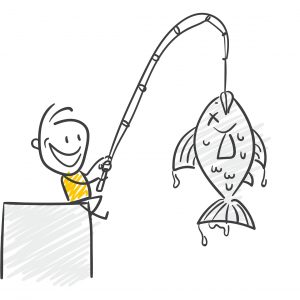
Fish is crucial to food security, but why do policymakers ignore it?
March 8, 2021
By
Liza Mayer
Scientists and policy experts want to put it front and center
 Improve metrics. There are few metrics to assess and communicate the contributions of fish to food and nutrition security. Governments and researchers can collaborate to develop better tools to raise the profile of fish in broader food and nutrition security policies and investment priorities. images: ©strichfiguren.de / Adobe Stock
Improve metrics. There are few metrics to assess and communicate the contributions of fish to food and nutrition security. Governments and researchers can collaborate to develop better tools to raise the profile of fish in broader food and nutrition security policies and investment priorities. images: ©strichfiguren.de / Adobe Stock
Scientists and policy experts say fish is largely missing in key global food policy discussions and decision-making because policymakers view fish predominantly as “just a natural resource that provides income and livelihoods.”
The group said fish should instead be viewed as food – and a critical source of unparalleled nutrition at that – so it could move to the front and center of policy discussions.
“Fish has always been food. But in this paper, we lay out an agenda for enhancing the role of fish in addressing hunger and malnutrition,” says Abigail Bennett, assistant professor in the Center for Systems Integration and Sustainability in the Department of Fisheries and Wildlife at Michigan State University.
In the paper titled: “Recognize fish as food in policy discourse and development funding,” Bennett and fellow scientists and policy experts from Duke University, Harvard University, World Bank and Environmental Defense Fund, say that as a result of fish being overlooked, fish is underrepresented in international development funding priorities, including even the World Bank.
They also say that the UN Sustainable Development Goal 2, Zero Hunger, does not mention fisheries or aquaculture by name, nor does it offer specific guidance on fish production systems.
The paper identifies four pillars of suggested action to begin framing fish as food, not just a natural resource:








